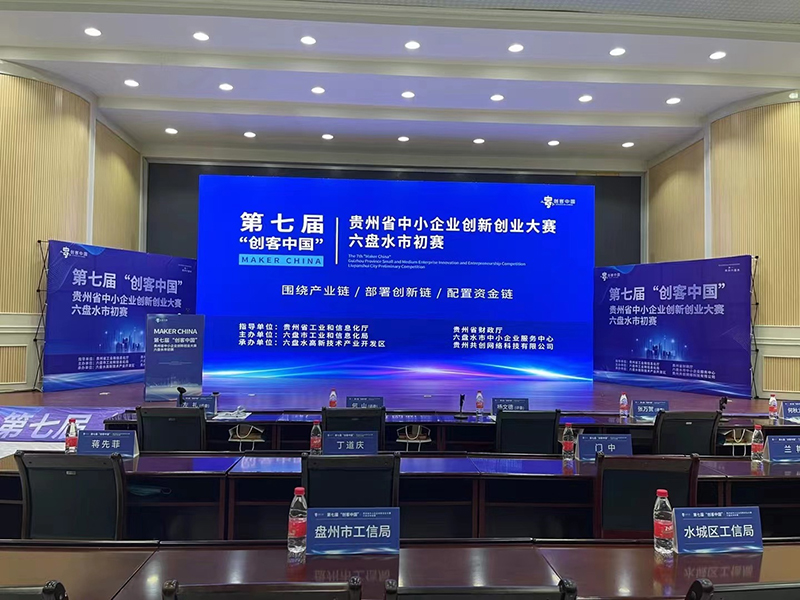LED video walls are attractive and effective for those looking for improving the quality of many aspects of their projects. The LED video wall solutions can be varied based on the specific needs according to different application sites such as churches, meeting rooms, weddings, and outdoor advertising. And this article aims to tell you the factors you need to consider to do the right investment.

1. Why LED Video Walls?
1) High-quality display. There may be a misunderstanding because of the huge size of the LED screen wall, which may have poor display quality, however, the size doesn’t affect quality as the wall consists of several smaller screens that work together as one. The display can be clear and flexible, especially compared to LCD screens.
2) Very easy maintenance. LED video walls only require very little maintenance so you can utilize them at maximum efficiency.
Even though the projectors are an alternative to a LED screen wall as they have cheaper prices, the video quality is lower. For example, brightness and color adjustments almost can’t be fulfilled in projectors, and shadow may be caused when there are people standing between the projectors and screens.
If you want to give your audiences a good viewing experience and increase the productivity of the staff, a LED wall display can be your first option.
2. How To Pick Suitable LED Video Wall Solutions?
1) Viewing distance
The pixel pitch can be a focus of users and manufacturers. Generally, the finer the pitch, the closer viewers can be without seeing rough image quality. And when viewers are closer than the optimal minimum viewing distance, they will see the individual LED light and thus have a degraded viewing experience.
However, does it mean finer pixel pitch is always better? The answer is no. Fine pitch LED video wall means more LED lamp lights so the cost can increase. If your typical audiences are 40 feet away from the LED display screen, the pixel pitch that is less than around 4mm may be unnecessary such as 1mm, 1.5mm, and 2mm. If you choose a 3mm SMD LED display wall, it will have no impact on the visual experience and can save your budget at the same time.
2) Resolution
If your LED video walls are used for indoor applications, you may need higher resolution as the distance between viewers and the display will be closer. In contrast, for outdoor cases, sometimes the resolution can be comparatively lower.
Besides, there is another element you may need to look at – the size of the screen. For example, as 4K is one of the tops of minds for many consumers these days, many consumers want to choose the 4K LED display for their various uses.
If a LED display module has 200 horizontal light pixels, it will need 20 of these modules lined up to get to 4,000 pixels. The size of the entire screen may be large, and you can calculate the size based on the pixel pitch – the finer the pitch, the narrower that the wall will be.
3) LCD or LED
Although they are two common typical displays, there are still many differences between them. For detailed information, you can refer to the difference between LCD and LED.
In short, in the aspect of many properties such as brightness and energy-saving, LED display screens are better than the LCD display, while the cost of LCD may be less. For choosing the best one, you need to have an overall consideration account of your specific requirements.
4) Customer support
There are many video wall suppliers globally, and their brand strength of them can vary widely. For instance, some of them are well-established specialty display companies that have specialized in the LED industry for many years, whereas others may just rely on low prices but without excellent product quality and services. Buying at a such low price also is seductive, but also very risky.
As we all know, LED displays are not consumer electronics and can be durable for many years with appropriate operations, so the technical support the video wall supplier can provide is vital. If the supplier doesn’t have timely service, this may lead to miscommunication and wasted time.
It is also worth noting that even if some companies will have offices outside their own countries. These offices are often sales offices but not technical support offices that are staffed by technical experts who can provide help.
5) Software
The software is necessary as to whether the content or display format will need its cooperation of it. When choosing the software, keep these ideas in mind for consideration.
First, the content you want to show. If you want to run multiple forms of media at the same time, you will be required to pay attention to the specific functions when you see the software specifications as some software is incapable of supporting such technology.
Second, the content should match the screen’s resolution. This will need the integration of hardware and software so the selection of both of them should take time.
Third, whether you are familiar with the technologies. Some customers can be very skilled at them while the rest may feel a little bit strange, and friendly software interfaces are more suitable.
6) Surrounding environment
Outdoor LED video screens may expose to changing environments including extreme weather and hence should be strong enough to resist liquid and solid pollution, therefore, unwanted problems may be caused such as LED damage, so choosing the right IP rating is necessary.
3. Conclusions
This article discusses the reason why you need LED video walls and what factors should be considered when choosing your LED video wall solutions from the aspect of viewing distance, pixel pitch, LCD or LED, customer support, software, and surrounding environment.
Everything you want to know about the LED display screens and LED display control systems, welcome turn to our LED Screen Forum!
Post time: Nov-03-2022



